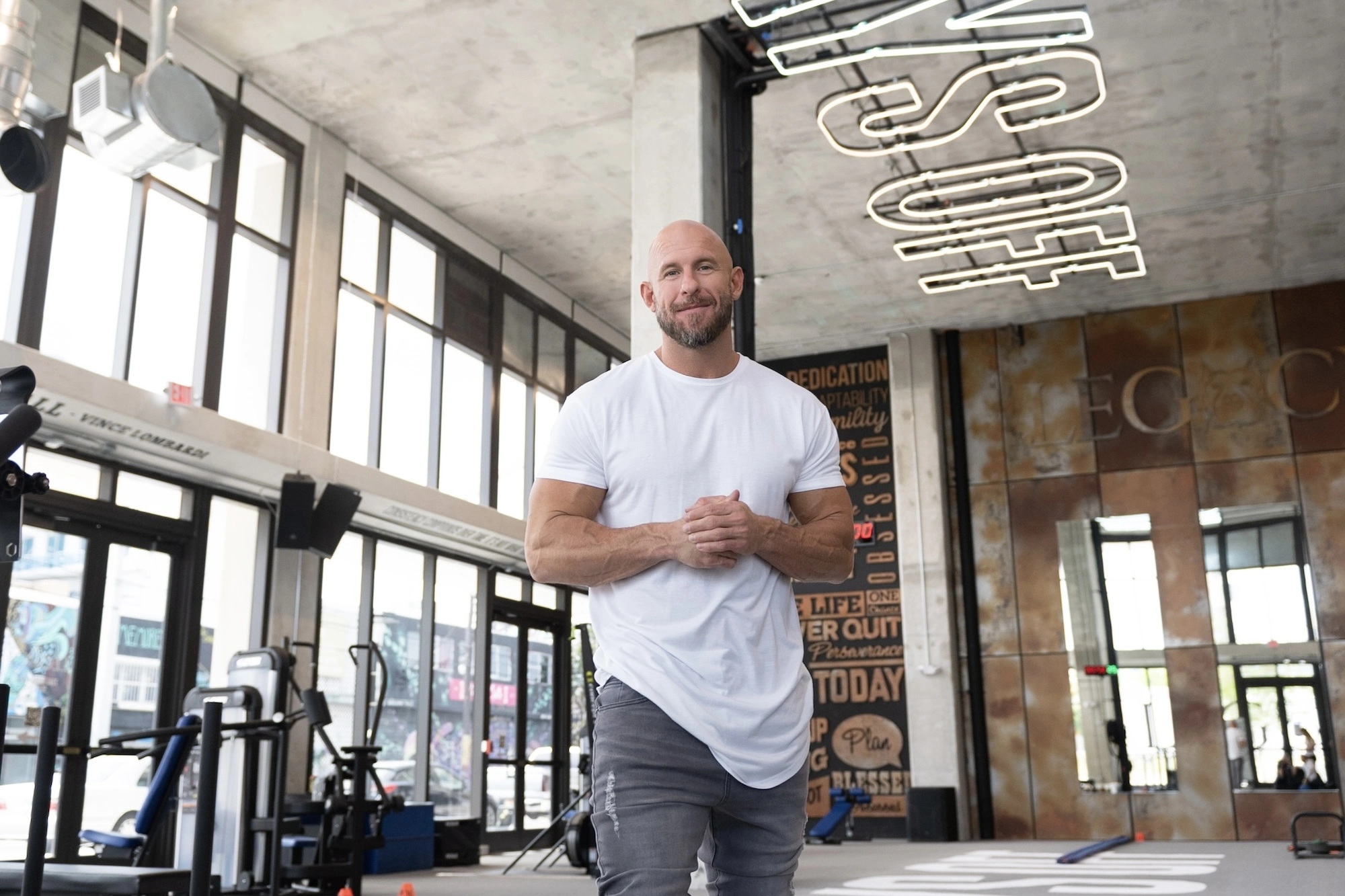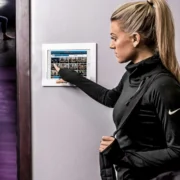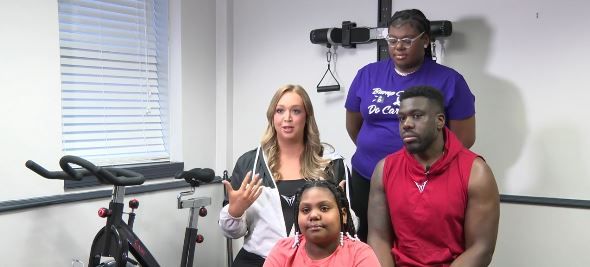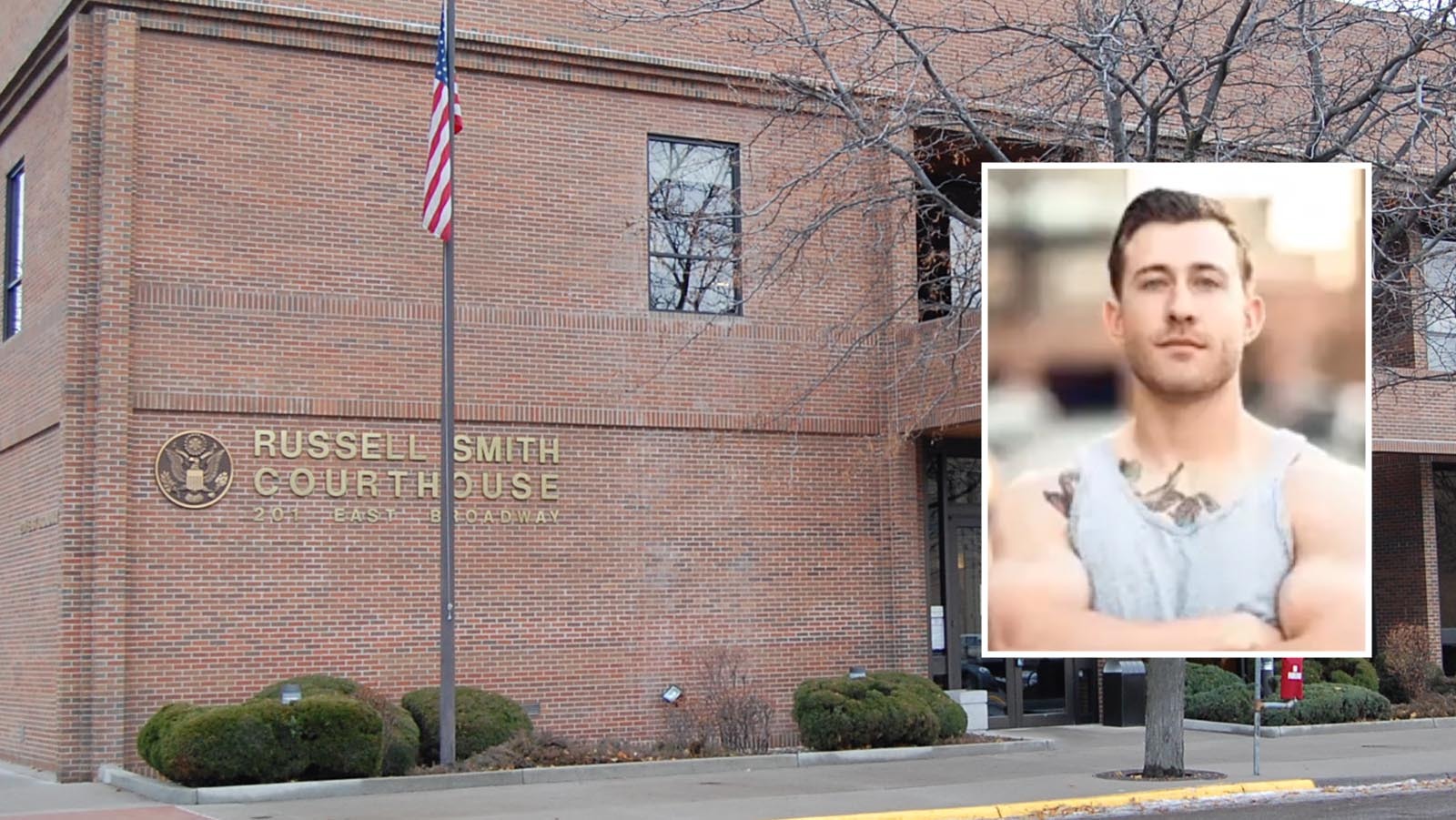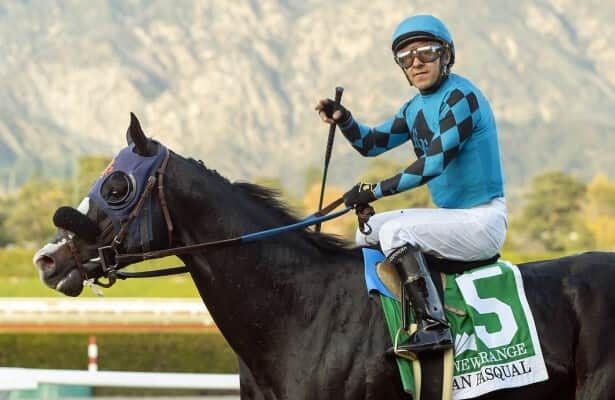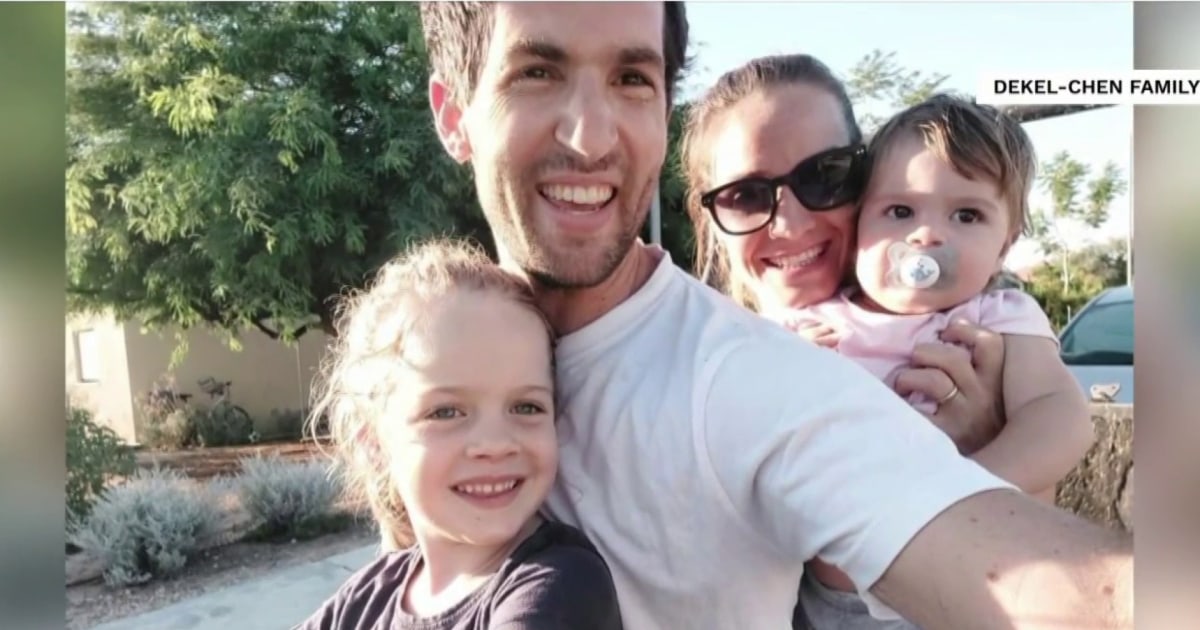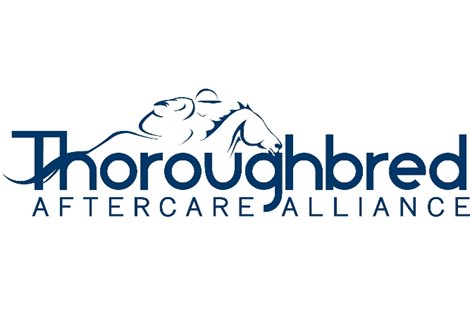A South Florida staple known for its Partner Interval Training system, Legacy has its sights set on nationwide expansion
Manning Sumner is changing the fitness scene in South Florida. Soon, he might be changing it across the United States.
A former college football player turned personal trainer, Sumner has worked with top athletes including Kevin Durant and James Harden, among others. In 2008, he founded Legacy, a fitness brand that’s on a mission to redefine group fitness – and the traditional gym experience.
Legacy’s calling card is Partner Interval Training (P.I.T.), a system that pairs individuals who work out together, motivating each other and performing strength training exercises and high-intensity cardio movements. P.I.T. operates as a private training session inside of a larger group fitness format – partners work out together as part of a class of 20 to 40 people, creating a fitness atmosphere that recreates the camaraderie of a college football weight room
Legacy has seven locations in South Florida, including a new 12,000-square-foot flagship studio in Miami’s Little River neighborhood that includes not just group fitness but recovery amenities like saunas and cold plunges, a 1,000-square-foot physical therapy space, co-working stations and a video board that streams sporting events.
Legacy will look to replicate its Little River facility in other states. This year, the brand plans to open a Nashville gym, its first location outside of Florida, which could set the stage for further expansion.
Sumner, who is also the founder of No Days Off Premium Water, sat down with Athletech News to discuss his approach to the business of fitness, the unique features of Partner Internal Training and Legacy’s plans for the future.
The following conversation has been lightly edited for clarity and length.
Athletech News: Can you tell us about your background and why you decided to create Legacy?
Manning Sumner: I played all sports growing up but leaned into football because that’s what my Dad played. I broke my back during my junior year of high school and was told I’d never walk again. Through a lot of perseverance and a lot of ignoring doctors, I was able to rehab myself and become the defensive player of the year in Alabama, earning a scholarship at Auburn. I broke my back again at Auburn, which was devastating, but I leaned into learning more about exercise science, health and kinesiology. I made a commitment to myself that I wanted to help other people not go through what I went through.
After college, I became a strength and conditioning coach, when I got a random call from a friend who told me I could be a stunt double in Bad Boys II if I moved to Miami. I jumped at the opportunity and came down here. During that time, I started training my friends who were in the NFL and other professional athletes, building up a name for myself. I was then able to open up my own facility in November 2008 in Wynwood (Miami, Florida), which was the very first Legacy.
ATN: What separates Legacy from a typical fitness studio or gym?
MS: Every single gym I walked into was exactly the same, it was that old-school model with offices on the right, a cardio section, a free weight section and a machine section. Then there was that aerobics room tucked off on the corner, which was where all the energy was coming from. I came from a college football weight room background with music blasting and chalk flying. I thought, “Man, fitness should be more like this.”
I had a real vision in my head of doing something different, creating a category disruptor in the commercial fitness space where as soon as you walk in you’re in an environment that was meant for community and results. So I flipped the script and put the aerobics room in the middle of the gym. That’s our Partner Interval Training room, which is the energy of Legacy. I think we’ve hit that on the nail on the head. One of the first things people say about our gyms is energy and community. I know a lot of gyms say they have community, but for us, you can really tell the difference.
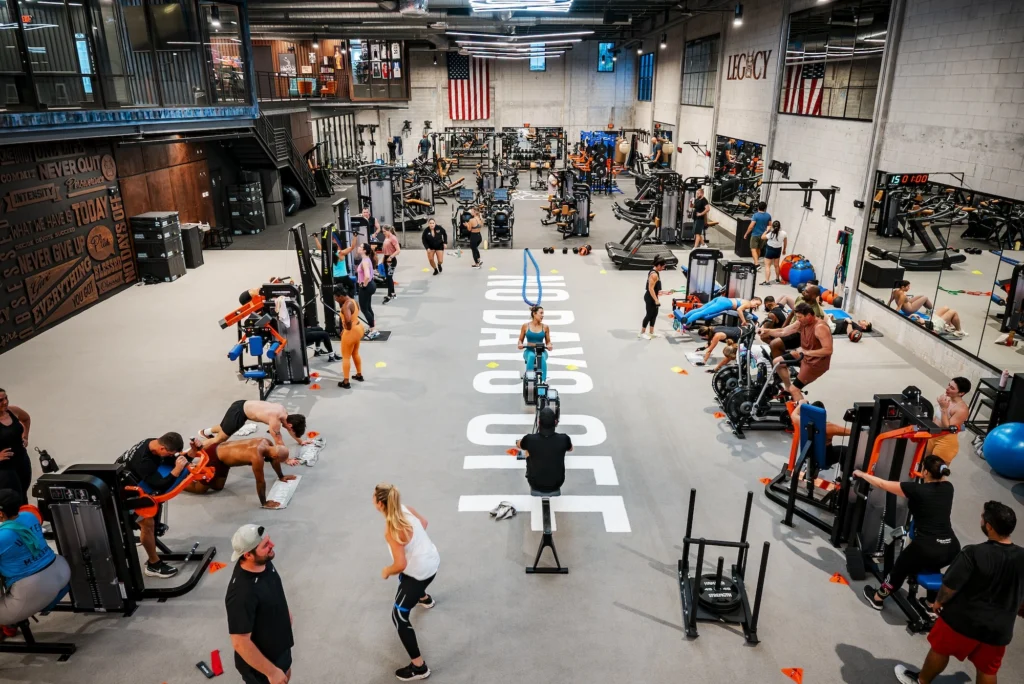
ATN: Legacy is known for its Partner Interval Training (P.I.T.) system. How does P.I.T. work and what are its benefits?
MS: It’s a system I created while training professional athletes. It’s an antagonistic (strength training) approach – a push movement followed by a pull movement – mixed with high-intensity cardio. I’ll give an example: we might alternate six reps of the seated row for two minutes straight. Then we’d head to the chest press and do the same thing. Then, we go do a high-intensity cardio movement, like the fan bike, for 15 seconds on, 15 seconds off. We’ve also got heavy bags, sleds, ropes and hurdles, so it’s an intense workout.
I believe we’re the only group fitness system that uses selectorized equipment (machines), which is the safest way possible for people to lift weights. And accountability is very important in fitness. Even though we have a coach in every class, you also have a partner who spots you, counts your reps, motivates you and pushes you in a little friendly competition. The partnering aspect is special, and we’ve seen it transform people’s idea of what working out is.
ATN: Do Legacy members typically work out with a partner they know, or do they meet new people in class?
MS: It’s probably around 50/50. We have husbands and wives, family members and best friends who come together. But there are a lot of people who just show up and we pair them. We’re increasing sociability and community in that way. We’re insistent that you have to introduce yourself and learn your partner’s name – you can’t just go through the workout and not talk to your partner.
ATN: What are the typical demographics of a Legacy member?
MS: We’re on the younger side because it’s an intense workout. I’d say 21 to 45 is probably our sweet spot. But we had an 82-year-old woman celebrate her birthday at one of our locations and we’ve had a seven-year-old come regularly to class. So it’s doable for everyone.
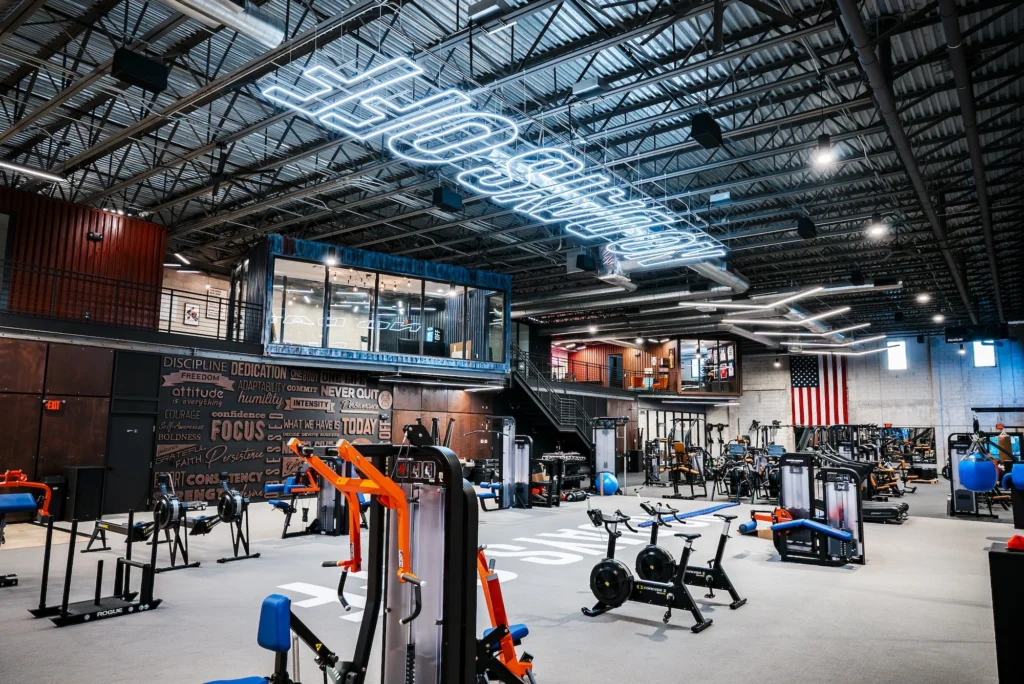
ATN: What’s Legacy’s growth trajectory been like since you founded the brand in 2008?
MS: When I first started in 2008, it was a personal training-only gym. We then switched to more of a group exercise model, alongside me training professional athletes, which is when the brand really took off. We opened our second location in Coral Gables in 2017, our third in Doral in 2018, followed by Kendall in 2019, and then Pembroke Pines and Ft. Lauderdale in the middle of the pandemic in 2020.
During the pandemic, I realized I didn’t want to be a boutique fitness brand because I was seeing a heightened sense of awareness of wellness and community. People want more than just a great workout, they also want to do some personal training, do some weights on their own, hit the cold plunge or the sauna, hang out at the smoothie bar and get some work done in a co-working space.
In 2021, we relocated our Wynwood location out of a warehouse into a beautiful, high-end retail space, and we opened Little River in 2024. Our Wynwood, Ft. Lauderdale and Little River locations now serve as our flagship locations and will be our signature models moving forward. We’re opening in Nashville in 2025 and we’re also opening in Aventura (Florida). I could honestly see a Legacy in every major city.
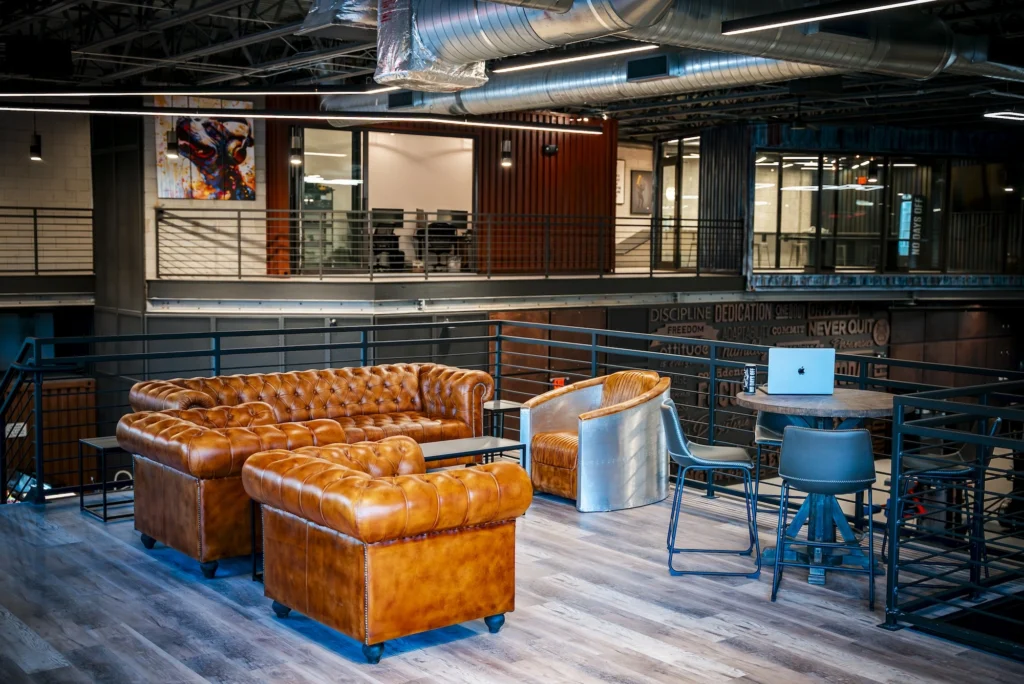
ATN: Nashville will be Legacy’s first location outside of Florida. What are your expansion goals in the years ahead?
MS: I’m one of those people where all the boxes have to be checked. Do I have certain places I want to go? Yes. Atlanta, Charlotte, Austin, Dallas, New York and Los Angeles, your typical major cities. But when I say all boxes have to be checked, I mean it. It’s got to be the right space, the right developer, the right landlord and the right price.
After we make a splash in Nashville, I envision having someone come in from a corporate standpoint who can help us scale this thing and put one in every major city. That might be a Series A round.
